Who we are
A C A D E M I C S
Our researchers have a diverse set of skills and experience and work with a variety of settings
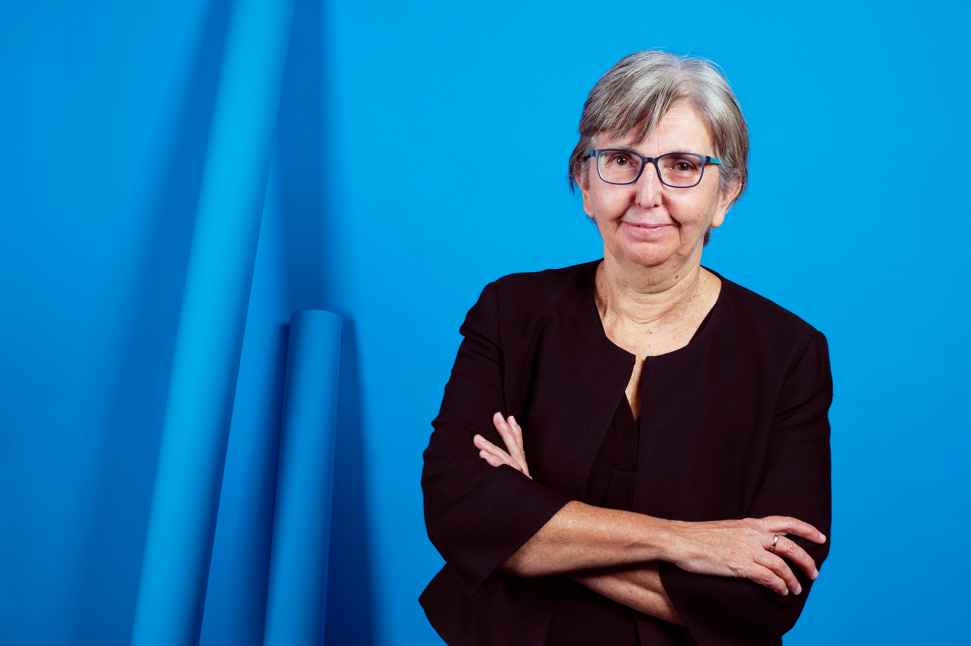
Professor Jennifer Tieman is a Matthew Flinders Professor in the College of Nursing and Health Sciences. As Director and Research Lead for two national palliative care resources, CareSearch and PalliAGED she is responsible for ensuring palliative care evidence is available for health professionals, aged care workers and people and families affected by the need for palliative care. The CareSearch project team undertakes research on knowledge retrieval and knowledge dissemination and investigates approaches that encourage the use of evidence in health, particularly in palliative care and end of life care. Jennifer is part of the consortium team delivering the ELDAC project and Director of the Knowledge and Implementation Hub for the ARIIA project. She is also research lead of a specialist research team, Flinders Filters, which is building the evidence around bibliometric retrieval and use.

As an occupational therapist with 25 years clinical experience Dr Deidre Morgan has an in-depth understanding of the public health system and the value and importance of clinical research that informs practical patient care. Her clinical and research focus is in palliative care with a particular interest in ways to optimise function at the end-of-life. She has established an international collaboration seeking to validate a palliative care assessment tool for use in occupational therapy.
Associate Professor Grant Davies started his career as a registered nurse in general and radiation oncology settings and in acute palliative care units at the Royal Brisbane Hospital and has over 30 years’ experience in health. In addition to his work as a Registered Nurse, he has worked in Queensland Health and the Victorian Department of Human Services in the 90s working on palliative care policies and health outcomes.
He started his career in complaints management in the federal Office of the Commissioner for Complaints in early 2001 and the Office of the Aged Care Commissioner. He moved to the Victorian Office of the Health Services Commissioner in October 2009, where he was Deputy Commissioner and Health Services Commissioner until February 2017 when he started as Director of Projects in Safer Care Victoria. He commenced as Health and Community Services Complaints Commissioner in South Australia in February 2018. He has been appointed this year as an Associate Professor at Flinders University in the Research Centre for Palliative Care, Death and Dying where his areas of interest are communication, applied ethics, complaints resolution and public administration. He is involved in supervision of RHD students, teaching and research.
Dr Caroline Phelan has an extensive clinical background working across the acute health care environment, in particular, critical care and pain management. She has worked in senior clinical roles, as well as in management, education and research positions. She recently completed an update of the clinical evidence pages for CareSearch and has joined the College of Nursing and Health Sciences at Flinders as an academic. Her research interests include decision making, older people, pain management and critical theory.
Dr Kelly Jones has academic status at Flinders University. Kelly has over 20 years research and teaching experience in public health with expertise in mixed methods approaches, social epidemiology, health services research and Indigenous health. Kelly's work in mixed methods health services research has won both State and National recognition. She is passionate about the research/social justice policy nexus and using evidence to shape healthy outcomes for marginalised populations.

Shyla Mills is CEO at Palliative Care South Australia (PCSA). She is also an Adjunct Associate Professor of the Flinders University Research Centre for Palliative Care, Death and Dying. She holds a Master of Public Health and Palliative Care and has a special interest in palliative care strategy and policy, public health palliative care as well as death and compassion literacy.
Shyla has worked in palliative care across different settings including paediatrics, community and aged care throughout Australia, as well as internationally in India, Nepal, Mongolia and the UK. Prior to moving to Queensland, Shyla was a National Program Manager at Palliative Care Australia. Shyla is board member for the international charity Foundation for Developing Compassion and Wisdom for over 10 years and was the former Vice-President of Palliative Care Nurses Australia.
Inspired by international models of palliative care, Shyla has successfully led the introduction of several new public health palliative care programs at PCQ including Ambulance Wish Queensland (which when launched in 2019 reached over 155 million people online) and public education programs, Last Aid and PalliLearn.
Shyla says her ambulance wish would be to watch one last sunset at the beach, feet in the sand, with a glass of red wine surrounded by her two sons, husband, dog and friends.
Bethany is a research fellow within Aged Care Research & Industry Innovation Australia (ARIIA). Her current research topics are dementia, as well as mental health and well-being. Bethany completed her PhD in psychology at Flinders University in 2021. Her thesis focused on awareness of ageing and implications for well-being in middle- and older-adulthood.
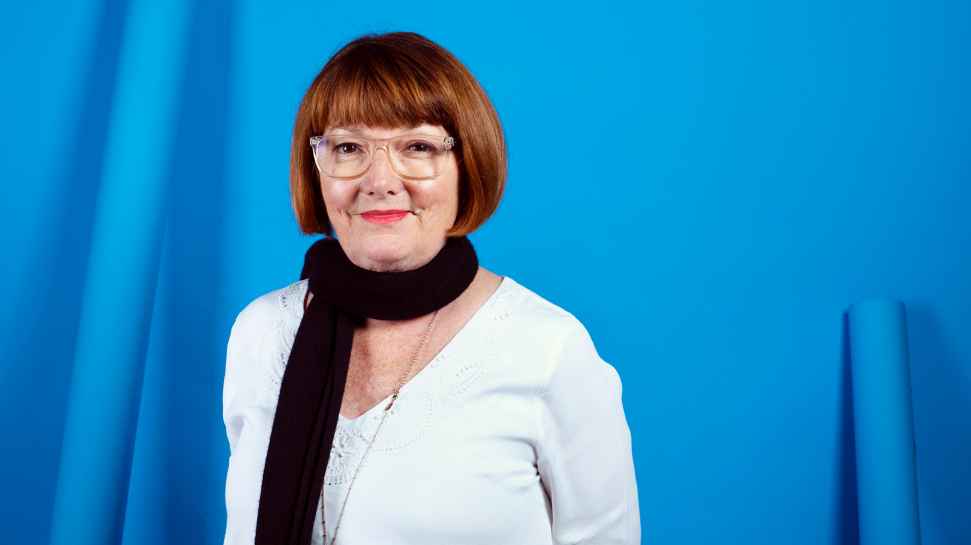
Associate Professor Kim Devery has worked as a nurse in Africa, USA, UK and Australia across a wide variety of clinical practice settings. As an academic in the College of Nursing and Health Sciences Kim guides doctors, nurses and allied health professionals to understand their own strengths and challenges and strengthen their capacity in delivering health care services to patients who are at the end of life. Kim leads a major national project End-of-Life Essentials, which aims to increase professionals' skill and confidence in end-of-life care in Australian acute hospitals.
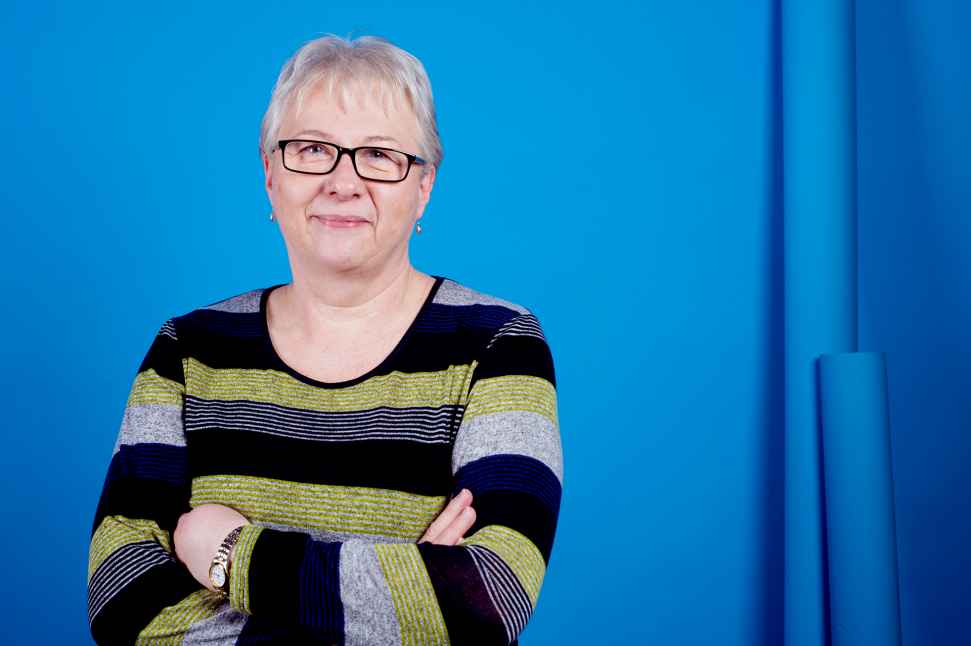
Deb Rawlings has over 30 years’ experience in Palliative and End of Life Care. She has a nursing background with clinical experience in oncology (Australia and the UK) and palliative care (UK). Deb's current research interests are in models of end of life care (including leading work on the role of death doulas in end of life care), MOOCs (as an author on the Dying2Learn MOOC), dying in acute hospitals (as a co-investigator on the End of Life Essentials project) and bereavement rituals. Deb has previously worked on three other national palliative care projects (CareSearch, PCOC and the National Rural Palliative Care Program) and is currently an academic and researcher in the College of Nursing and Health Sciences.

Dr Lauren Miller-Lewis has academic status at Flinders University and is a Lecturer at Central Queensland University with a specific interest on positive psychology. She is involved in Dying2Learn data analysis and undertakes research relating to death, dying, and palliative care.

Dr Sara Javanparast is a Research Fellow at the Research Centre for Palliative Care, Death and Dying. She has a background in Medicine with many years of experience in primary health care policy, practice and research. She worked for 8 years at the Iranian Ministry of Health when she was involved in primary health care policy development and implementation. After moving to Australia in 2002, she completed her PhD in public health at Flinders University. Since then she has been involved in a range of public health research projects. Her areas of research interest and expertise include primary health care, community engagement, equity and access to health care particularly for community groups experiencing disadvantage and qualitative research methods.
Associate Professor Aileen Collier has worked as a specialist palliative care nurse in a diverse range of settings in Scotland and New Zealand as well as Australia. Her research program is focused on safety, quality and equity of palliative care. She is passionate about building clinician's capacity in palliative and end-of-life care research. Aileen's research interests and teaching philosophy undergirds a commitment to her practical work, with moral and pragmatic questions always being anchored to clinical 'realities'. She is interdisciplinary in inclination and is an advocate of interdisciplinary research that brings together diverse disciplines in response to 'wicked' problems.
Dr Georgia Rowley is a qualitative social health researcher with a background in Psychology (Hons) and Public Health. Her academic research interests focus on conducting meaningful and reciprocal cross-cultural research with communities who are routinely excluded from mainstream research, including culturally and linguistically diverse migrants and refugee groups, with a particular focus on individuals who do not speak English and those who reside in and rural areas. Georgia’s PhD explored the impact of social determinants of health among older Greek migrants in widowhood, with a focus on mourning and bereavement.
Muireann completed her undergraduate nursing degree at Flinders University. She is currently working as a registered nurse in palliative care at Laurel Hospice and has other clinical experience in critical care, aged care, community, and Indigenous health.
Muireann joined RePaDD as a research nurse in Palliative Care. She completed her PhD in applied science at the University of South Australia. Her current research at RePaDD will focus on a novel approach to the delivery of breakthrough analgesic, the impact of sleep disturbances and managing dry mouth in Southern Adelaide Palliative Care Service.
G R A N T F U N D E D
R E S E A R C H E R S
Dr Katrina Erny-Albrecht is the Senior Research Fellow with the CareSearch Project. Her research and project work focuses on enabling evidence-based palliative care content for the CareSearch and palliAGED websites providing guidance for general public and health practitioner audiences. She also leads work on engagement processes with different health sectors. Katrina has worked in diverse health care research roles from research synthesis and communication, to health economic analysis, and basic research. These varied roles were undertaken in Australia, Europe, and the US within academic institutes, government agencies and commercial consultancy services.
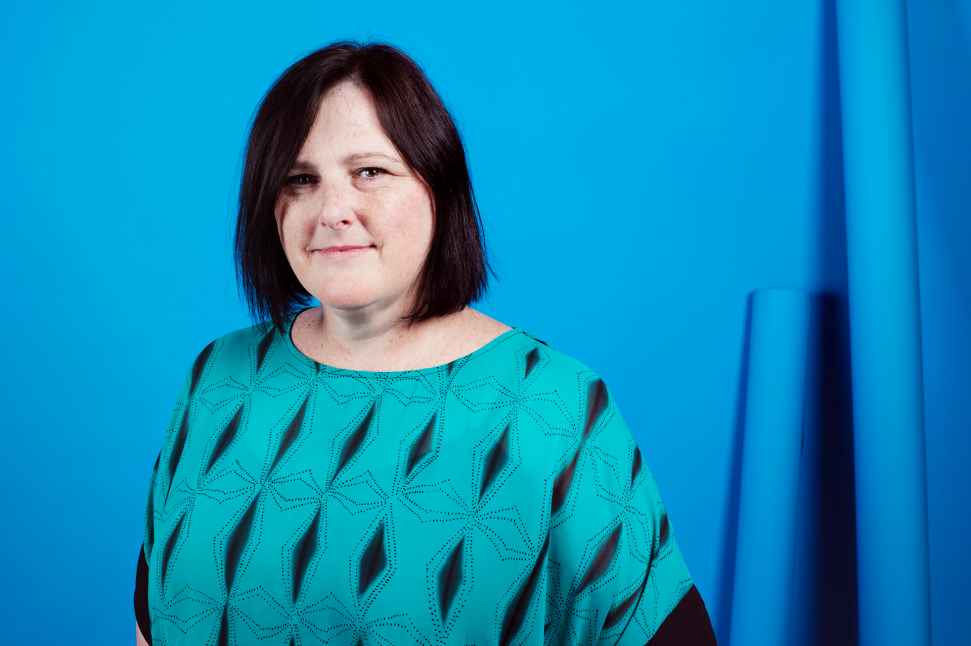
Dr Raechel Damarell is currently a Senior Research Fellow with the new Aged Care Research & Industry Innovation Australia (ARIIA) based at Flinders University. Here she works with a team to develop the Centre’s Knowledge and Implementation Hub - a website designed to connect Australia’s aged care workforce with best practice evidence for the sector.
Raechel comes to her researcher role with a background in health librarianship at Flinders University. Here she taught evidence-based practice, critical appraisal and evidence synthesis skills to students, academic staff, and clinicians. She has also been part of the tutor team with the annual Australian Evidence Based Practice Librarians’ Institute (AEBPLI). Raechel maintains a keen interest in exploring the relationship between information retrieval efficacy and effectiveness and the timely implementation of research into practice. She gets to dabble in this area through research projects on search filter development made possible through HLA grants such as the Anne Harrison Award. Most recently, she partnered with Suzanne Lewis at Central Coast Local Health Network Library and the International Foundation of Integrated Care to create search filters for retrieving the hard to locate integrated care research literature.
Dr Priyanka Vandersman is a registered nurse and digital health technology researcher. She is the Research Fellow for the End of Life Directions in Aged Care (ELDAC) project at Flinders University. Her work focuses on developing, implementing, and evaluating an evidence based palliative care digital dashboard for the Australian aged care sector. Priyanka's research interests include digital health, chronic disease management, pain self-management, and aged care. She is particularly interested in investigating the use of digital technologies in the context of chronic, aged, and palliative care.
Introducing Dr Priyanka Vandersman, Early Career Researcher
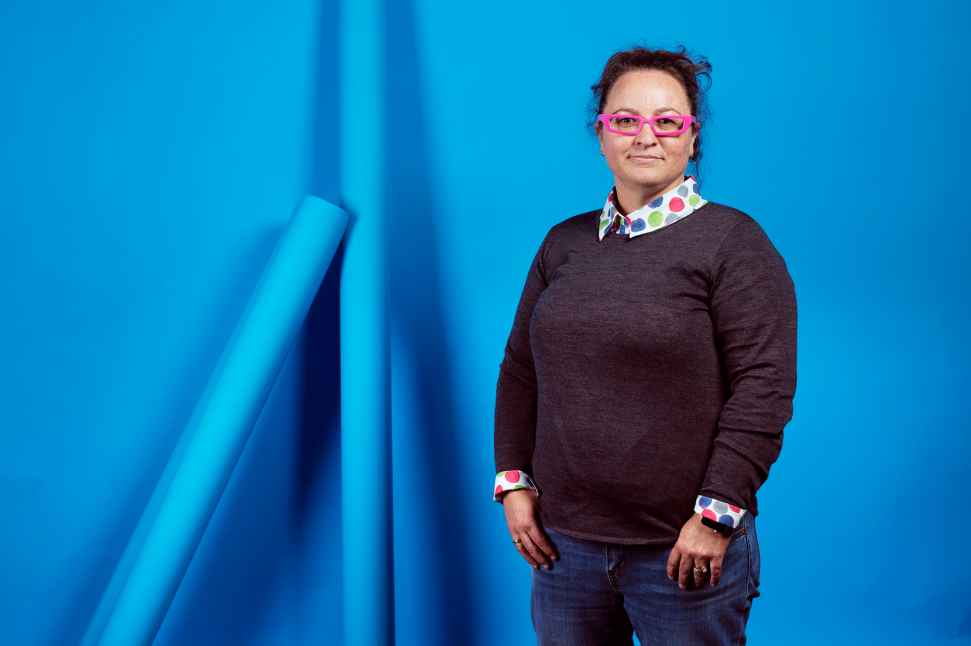
Dr Amanda Adams is a Research Associate with the End-of-Life Directions for Aged Care (ELDAC) project. Amanda recently completed her PhD. Her research investigated how evaluations can improve universal health interface designs and how digital health literacy can influence how people interact with palliative care information. She has research interests in the area of usability evaluation, information and interface design, user experience, accessibility and social determinants of digital health. Amanda has been involved with the CareSearch project as a Research Assistant and worked across many of the associated projects.
C L I N I C I A N
P A R T N E R S
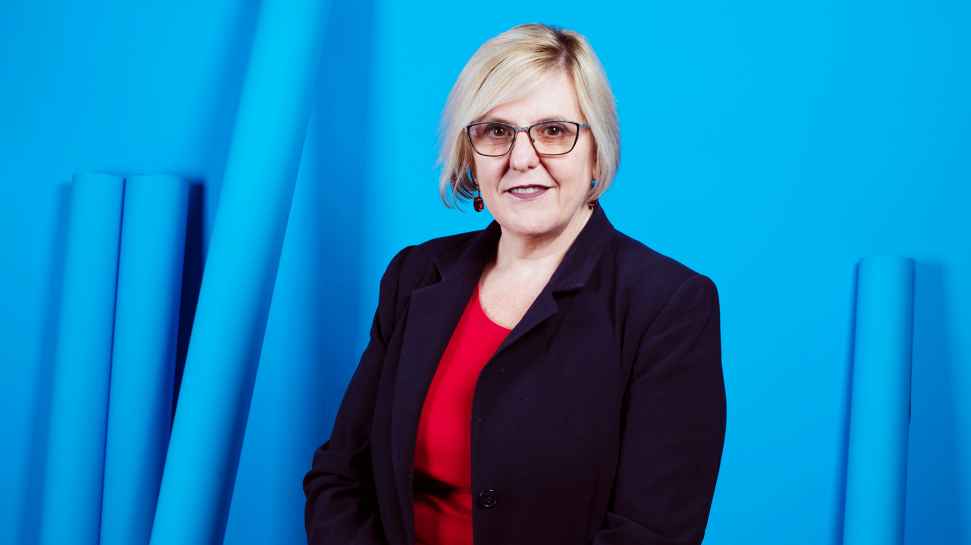
Kate Swetenham is the Clinical Lead for End of Life Care in the Department for Health and Wellbeing. She has responsibility for providing clinical leadership to the work streams of Palliative Care, Advance Care Directives and Voluntary Assisted Dying. Kate is the Chair of the Bereavement Advisory Group from the Palliative Care Clinical Network. She is a registered nurse. Kate lectures within the Flinders postgraduate courses and has been an investigator on a number of research projects including the Flinders Telehealth Trial. She is currently leading the Comprehensive Palliative Care in Aged Care Project Agreement, a joint funded initiative between the Australian Government Department of Health and the Department for Health and Wellbeing SA.
Dr Tim To is a geriatrician and palliative care specialist at Flinders Medical Centre. He has been engaged with research, teaching and supervision in palliative care for a number of years and maintains an active relationship with the research team. He is involved in research relating to geriatrics, palliative care and clinical management. He is the chair of the Southern Adelaide Local Health Network (SALHN) End-of-Life Steering Committee, and the co-chair of the SALHN Comprehensive Care National Standards Committee. He is also a member of the SALHN Clinical Review Committee, SALHN Older Person's Steering Committee and SALHN Challenging Behaviours Committee.

Dr Paul Tait works for the Rural Support Service (SA Health). In this role, he collaborates with regional South Australian residential aged care homes and their contracted pharmacies to improve how they manage medications for their residents. Paul is keen to understand the drivers that support better management of medicines within complex environments, such as the intersection between acute and aged care services.
Paul completed his PhD (Pharmaceutical Care of the Dying) through RePaDD. His PhD by prior publication brought together a decade of research examining the roles of pharmacists, caregivers, and medications in caring for Australians living in the community with an advanced life-limiting illness.
Paul has previously worked as a pharmacist in a community-based specialist palliative care service in metropolitan Adelaide and with CareSearch. Through this combination of roles, he has contributed to several state and national projects improving medication management for the dying. His areas of research interest include patient safety, the quality use of medicines, and knowledge translation.

Dr Allcroft is a Senior Staff Specialist at Southern Adelaide Palliative Services, based at Flinders Medical Centre. He is trained in Respiratory and Sleep Medicine and completed his Masters of Palliative Care at Flinders University. Peter is currently undertaking a PhD, exploring the unmet palliative care needs of frail older patients with heart failure.
He founded Mycroft Sleep Diagnostics, a South Australian company dedicated to the provision of facilitating home sleep studies and co-founded the Motor Neurone Disease Clinic based at Flinders Medical Centre. Peter was recently appointed by the Commission on Excellence and Innovation in Health, as Network Co-Lead for the Statewide Palliative Care Clinical Network Steering Committee. Peter also serves as Deputy Chair of the Motor Neurone Disease Association of South Australia.
His research interests include symptom management in complex life limiting illness, and he is a Co-Investigator in a number of the Palliative Care Collaborative Studies consortium, the largest palliative care research group internationally. His published work includes the role of opioids in the management of dyspnea, Academic Detailing and breathlessness in Motor Neurone Disease. His clinical work in sleep medicine includes the assessment and management of patients with sleep disorders, with management strategies including lifestyle measures, CPAP, Mandibular Devices and surgical options.
Peter is active with clinical teaching in both pre and post vocational medical education.
R H D S T U D E N T S
Caroline Litster
PhD: Dying at home or in place of choice for older Australians
Caroline has been working on palliative care, death and dying projects for over 10 years. Her work has been varied and includes research and project work for the Palliative Care Clinical Studies Collaborative (PaCCSC), End-of-Life Essentials (EOLE), End-of-Life Directions for Aged Care (ELDAC) and a program of research on Death Doulas. She has also contributed to other RePaDD projects including CareSearch, palliAGED, The Advance Project, TEL (Talking End-of-Life with People with a Disability) and more recently on an allied health study looking at ways to optimise function at the end-of-life. Caroline is currently a PhD student in the College of Nursing and Health Sciences, exploring dying at home or in place of choice for older Australians.
Masters: The influences of traditional Chinese cultures on Chinese immigrants with terminal illness and their family in accepting palliative care and engaging with palliative care support services in Australia
Cheng Si is a qualified social worker working with people from culturally and linguistically diverse (CALD) communities who are living with a life-limiting illness and with those in palliative care and end of life care. She also has experience in aged care, child disability services, settlement and housing, community education, project coordination and management. Cheng is currently an RHD student exploring attitudes and views of patients and carers from a CALD background towards palliative care support services in Australia. Her areas of research interest also include palliative care needs of diverse populations as well as grief and bereavement support.
PhD: NDIS Participants with psychosocial disabilities: Investigating their formal supports following a life-limiting diagnosis
Kathy Boschen is currently a PhD student, supervised by representatives from the Colleges of Medicine and Public Health and Nursing and Health Sciences. Kathy also works as a casual academic and research assistant in the Colleges of Education, Psychology and Social Work, and Nursing and Health Sciences. Kathy has previously held roles in the NDIS Quality Safeguards Commission, the National Disability Insurance Agency, NDIS Providers and Aboriginal Health Sector. She has also worked in the health and mental health sector in both government and non-government organisations.
PhD: The perspectives of parents and children: must a clinician’s choice of language and words adapt and evolve over the course of the child’s illness?
Dr Nicholas Mills is a Paediatrician and Palliative Care Physician with experience caring for families and their children with complex illnesses, complex pain, and life-limiting diagnoses. In addition to Palliative Medicine training, Nick also completed a post graduate certificate in Palliative Care through the University of Melbourne. His experiences with families, educators and researchers have inspired him to pursue a PhD in the Paediatric Palliative Care space with a focus on communication and the language clinicians use. His research interest is to work with parents and children to seek their perspectives on how clinicians may need to adapt their communication approaches.
![]()
Sturt Rd, Bedford Park
South Australia 5042
South Australia | Northern Territory
Global | Online
CRICOS Provider: 00114A TEQSA Provider ID: PRV12097 TEQSA category: Australian University








